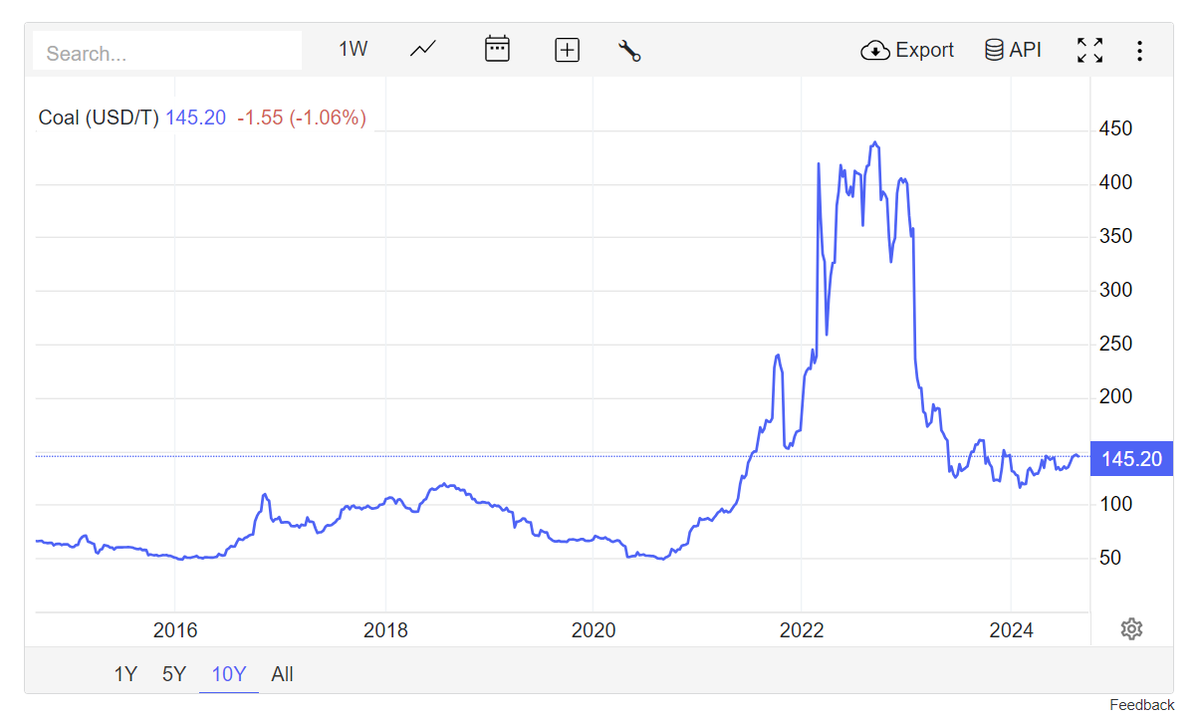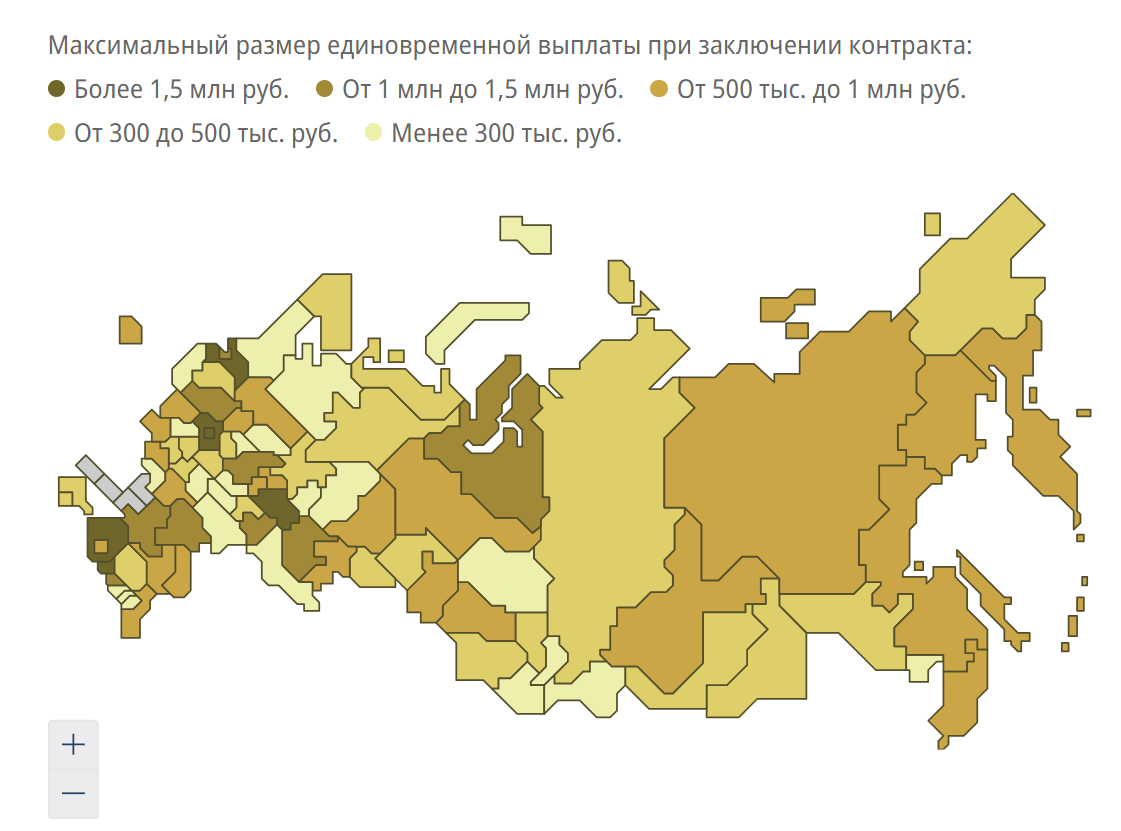Es gibt keinerlei Anzeichen dafür, dass es in der Ukraine in absehbarer Zeit Frieden geben könnte. Dass hierzulande so viel darüber gesprochen wird, zeigt nur den Realitätsverlust und Anmaßung der deutschen Debatte. Wir können den Krieg nicht von oben "befrieden".
Wir können den Ausgang das Krieges nur durch unsere Ukraine-Unterstützung beeinflussen (und ein stückweit über Sanktionen). Wir können aber nichts dirigieren oder erzwingen, und auch der globale Süden wird uns nicht aushelfen (wollen oder können).
Für viele ist es wohl noch ungewohnt, dass wir nicht die Macht und Mittel besitzen, einen Krieg mitten in Europa einfach zu "befrieden". Dass wir nicht bestimmen können, wie und wann er endet, dass wir keine übermächtigen Schiedsrichter mehr sind. Aber das ist die neue Realität.
Die Populisten von BSW und Co. sind erfolgreich, weil diese neue Realität beängstigend ist. Wagenknecht erzählt ihren Wählern, dass wir noch in der alten Realität leben: dass wir den Frieden bekämen wenn wir ihn wollten, dass wir ihn nicht haben, weil US/Ukraine ihn nicht wollen.
Die Friedenslüge der Populisten zieht, weil viele Menschen sich so sehr wünschen, dass sie wahr ist. Die alternative Wahrheit, in der US/Ukraine den Krieg befeuern, ist beruhigend. Die unangenehme Wahrheit ist aber, dass Putins Russland Krieg will und nicht Halt machen wird.
Erst wenn man akzeptiert, dass Putins Ziel zumindest die Zerstörung des ukrainischen Staates ist, kann man echte Strategien entwickeln. Die gibt es: Russland ist nicht unendlich stark. Wir müssen uns nicht als reines, machtloses Diplomatieland verzwergen und können etwas tun.
Wie erfolgreich wir (und die Ukraine) dabei sein werden, Russland aufzuhalten, ist ein stückweit ungewiss. Auch mit dieser Ungewissheit müssen wir lernen, umzugehen. Wenn wir eine Strategie mit einem 100% garantierten Ergebnis suchen, dann bleibt letztlich nur die Kapitulation.
• • •
Missing some Tweet in this thread? You can try to
force a refresh









